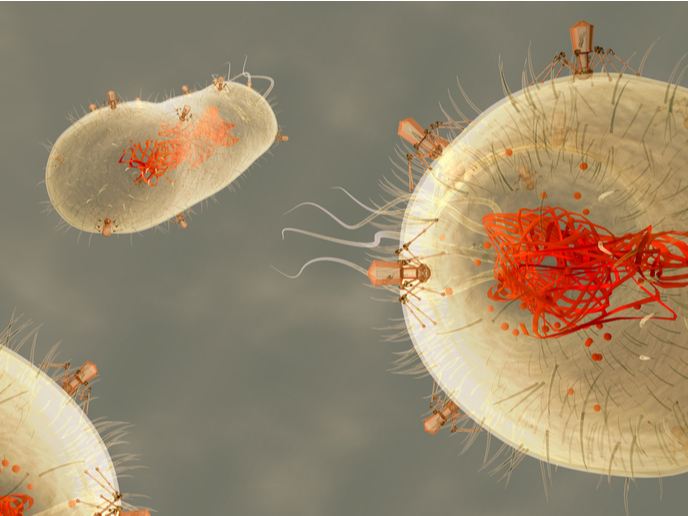A concerted effort against avian influenza
AI diagnosis and prevention in the European Union is performed at national reference laboratories (NRLs) which are in turn coordinated by the Community Reference Laboratory (CRL) in an informal manner. The global H5N1 crisis resulted in an increased demand for laboratory capacity and capabilities for AI diagnosis and surveillance, necessitating urgent measures to be taken. To this end, the EU-funded 'Development and enhancement of laboratory networks for avian influenza' (FLU-LAB-NET) project aimed to support an international networking effort on AI. In particular, the funding was directed for the enhancement and reinforcement of the CRL and NRL network for AI within the European Union (EU). By developing appropriate information technology (IT) infrastructure, partners wished to share and exchange methodological, virological, genetic, epidemiological and clinical information on influenza A viruses. Coordination of research efforts and laboratory-based activities aimed to support harmonisation efforts between the partner and member institutes and relevant organisations. This would provide a more rapid response to national and global emergencies through sharing of data, facilities and expertise. Additionally, it would strengthen the European laboratory task force capability for AI and other influenza A viruses of public and animal health significance. Collectively, the FLU-LAB-NET project raised the importance of an integrated approach towards AI viruses that will generate invaluable information for veterinary and public health in the EU.







